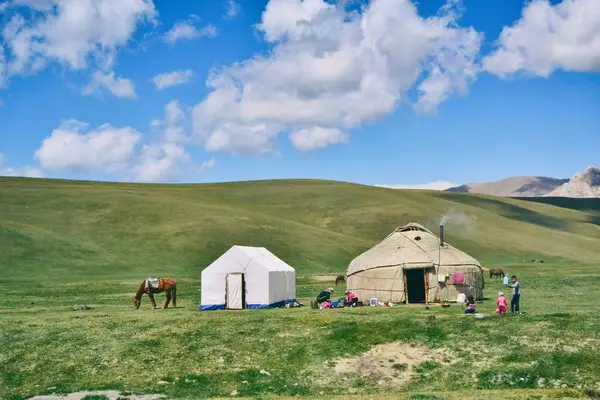Table of Contents
- Introduction to Rural Sociology
- Historical Context of Rural Sociology
- Key Themes in Rural Sociology
- Rural Sociology in a Global Context
- Challenges Facing Rural Sociology
- Conclusion
Introduction to Rural Sociology
Rural sociology is a subfield of sociology that focuses on the study of social structures, relationships, and processes in rural areas. It encompasses a broad range of topics, including agriculture, rural-urban migration, rural poverty, and the social dynamics within rural communities. Rural sociology emerged in response to the recognition that rural areas, despite their apparent simplicity, present unique social issues that warrant specific sociological investigation. This field examines how economic, political, and cultural factors shape rural life, and how these rural communities, in turn, contribute to broader societal dynamics.
Defining Rural Sociology
Rural sociology is primarily concerned with understanding life in rural spaces, distinguishing itself from other sociological fields through its focus on the distinct characteristics of rural communities. Unlike urban sociology, which looks at dense population centers with diverse social structures, rural sociology focuses on less populated areas characterized by close-knit communities, strong ties to agriculture, and traditional ways of life. The discipline emerged in the early 20th century, alongside the rapid industrialization and urbanization of Western societies, which created a need to study the contrasts between rural and urban life.
The rural-urban divide has long been a central focus of rural sociology. This division not only reflects physical distances but also significant differences in economic activities, social norms, and cultural values. While urban areas tend to be industrial and service-oriented, rural communities are often agrarian, with a deep connection to the land and its resources. Sociologists working in this field aim to capture the nuances of these spaces and how they fit into the larger socio-economic structure.
Historical Context of Rural Sociology
Rural sociology emerged in the United States during the early 1900s when the rapid urbanization and industrialization of cities left a marked contrast with the rural countryside. The transition from agrarian to industrial economies created significant challenges in rural areas, leading to increased poverty, depopulation, and changing social structures. In response, scholars began to study the impact of these transformations on rural communities, thus giving birth to rural sociology.
In the context of global sociological thought, rural sociology initially focused on the conditions of rural life in Western societies. However, over time, the discipline expanded to include studies of rural areas in developing countries. In these regions, rural sociology examines issues such as land distribution, agrarian reform, and rural poverty. While the discipline remains rooted in an understanding of rural life as fundamentally distinct from urban life, it increasingly acknowledges that rural and urban areas are interconnected through economic, political, and social processes.
Key Figures in Rural Sociology
Several sociologists have made significant contributions to the development of rural sociology. One of the pioneers was Charles Josiah Galpin, whose work on rural-urban differences set the foundation for the field. Galpin’s research focused on community structure, rural institutions, and the challenges faced by rural populations in adapting to modernity. Another key figure, Pitirim Sorokin, explored the differences between rural and urban societies, focusing on how rural areas were more likely to preserve traditional values and practices.
As rural sociology evolved, it expanded its scope to include the study of power dynamics within rural areas. This shift was influenced by Karl Marx’s ideas on class relations, particularly how capitalist modes of production impacted rural economies. The work of scholars like W.E.B. Du Bois also pushed rural sociology to consider race and ethnicity, particularly in the context of agricultural labor and land ownership in the United States.
Key Themes in Rural Sociology
Agriculture and Economic Change
Get the full article AD FREE. Join now for full access to all premium articles.
View Plans & Subscribe Already a member? Log in.





